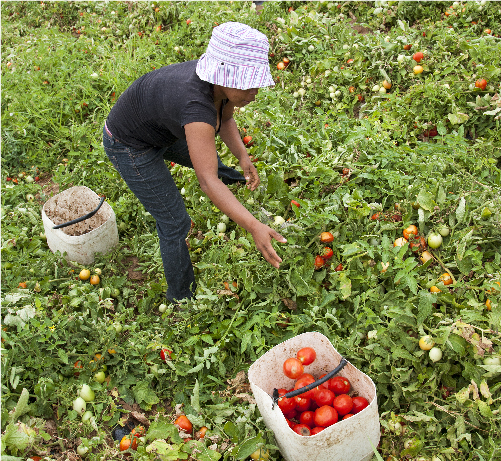
Canada’s food system is facing challenges from supply chain disruptions, inflation, and extreme weather events leading to almost 16% of provincial households experiencing food insecurity. Recent federal programs such as the Canada Emergency Response Benefit and grocery store rebates have highlighted the impact of direct government income interventions on ensuring equity and access to food in times of emergency. The introduction of a basic income guarantee, involving regular payments to individuals whose incomes fall below a certain threshold, could play a crucial role in reducing individual and household food insecurity among vulnerable groups and ensure basic needs are met with dignity.
Research by sustainable food system experts suggests that a basic income guarantee could be an essential tool for addressing economic access to food and supporting sustainability across the food system. The research draws on the work of Coalition Canada, a network of basic income advocacy groups, and examines the impact of a basic income guarantee through the lens of different sectors, including agriculture and fisheries.
The research suggests that a basic income guarantee could have a significant impact on reducing economic uncertainty for vulnerable agriculture and fisheries workers, offering them more financial security and control over their employment choices. This could also address the racial, classed, and gendered disparities present in food systems labor. Additionally, it could support new entrants in agriculture and fisheries, helping build a more resilient and sustainable food system, and prepare for future emergencies.
While a basic income guarantee alone cannot address all the challenges faced by small-scale producers, it could provide greater economic stability for new farmers and fishers, making it easier for them to invest in infrastructure and training. Establishing a basic income guarantee would also be a proactive step in supporting equitable livelihoods for small-scale farmers and fishers.
However, a basic income guarantee should not be seen as a substitute for existing government-funded agricultural and fisheries programs, and policy efforts will be crucial for understanding how a basic income guarantee might intersect with other financial supports like insurance, loans, and climate funding. Further input from farming and fishing communities, Indigenous communities, and anti-poverty, food sovereignty, and food justice organizations is essential for developing cross-sectoral networks, research, and policy agendas.